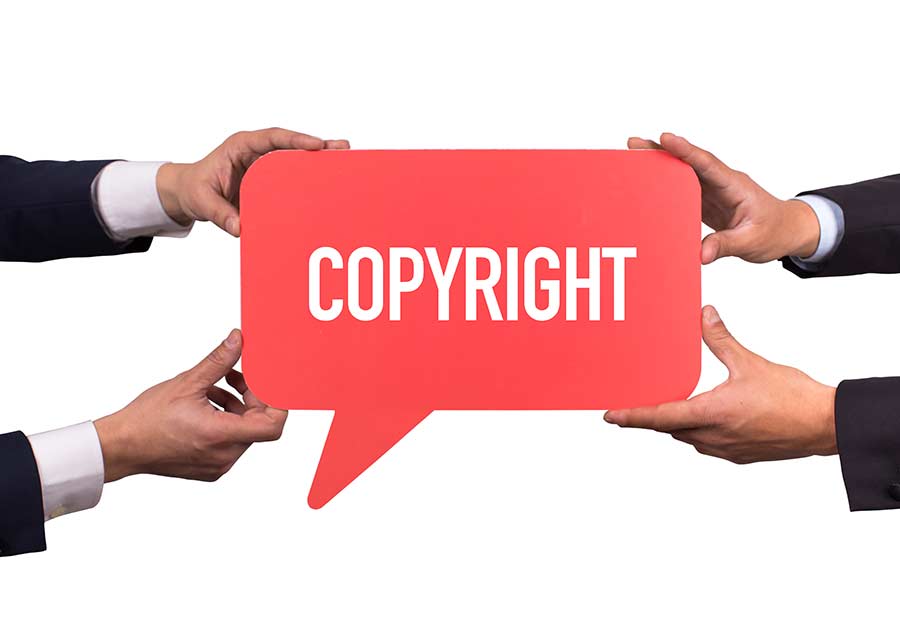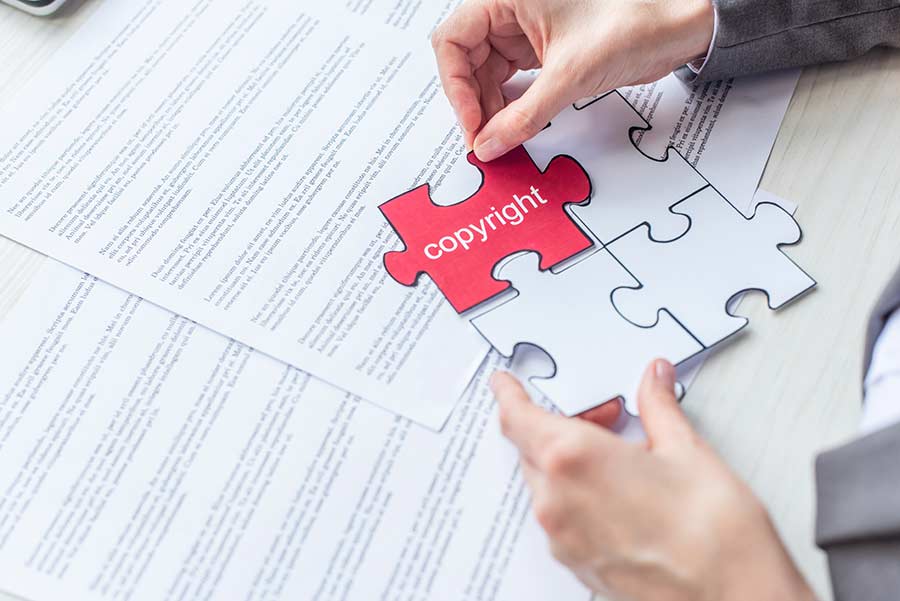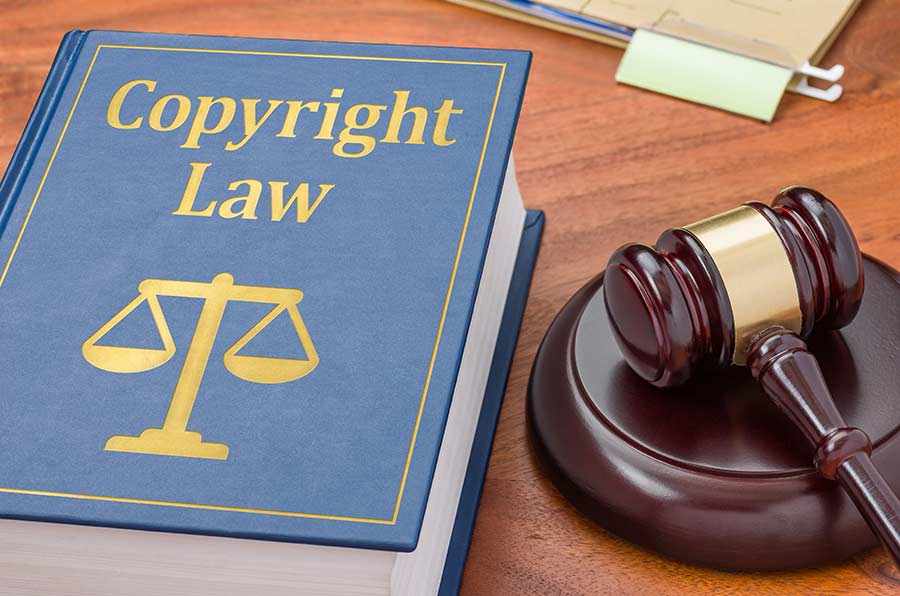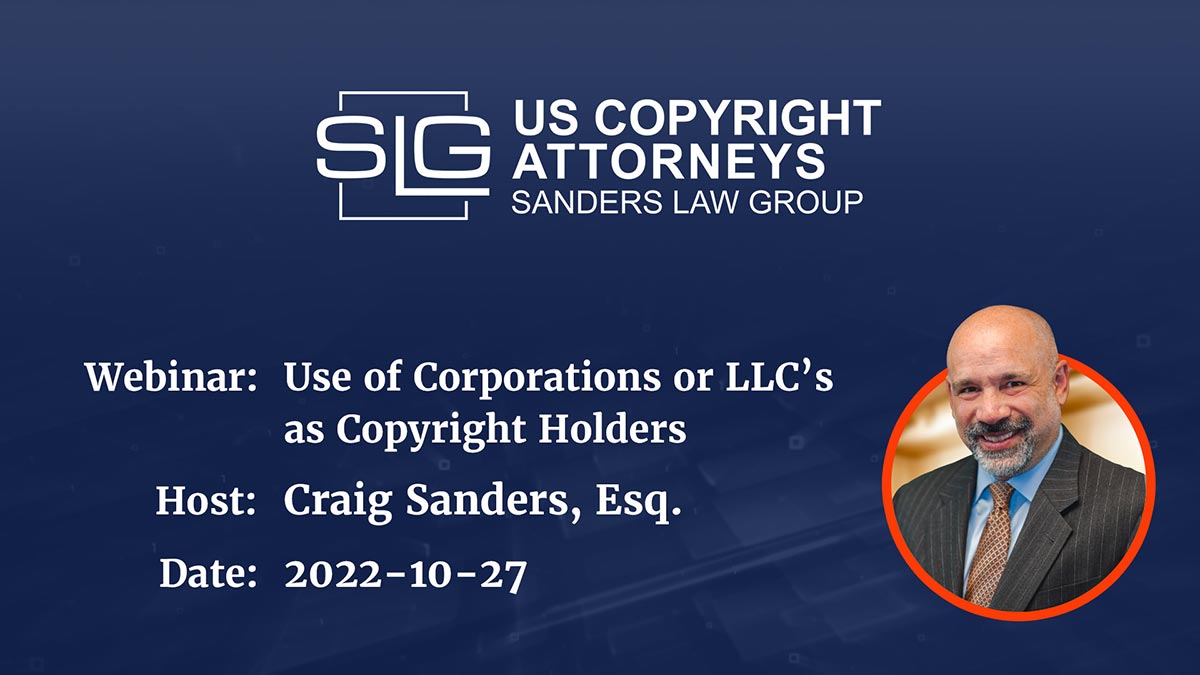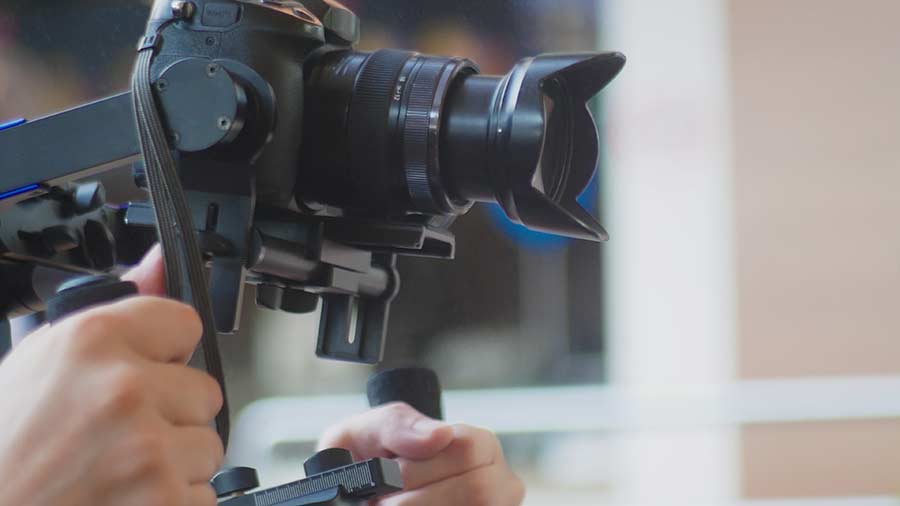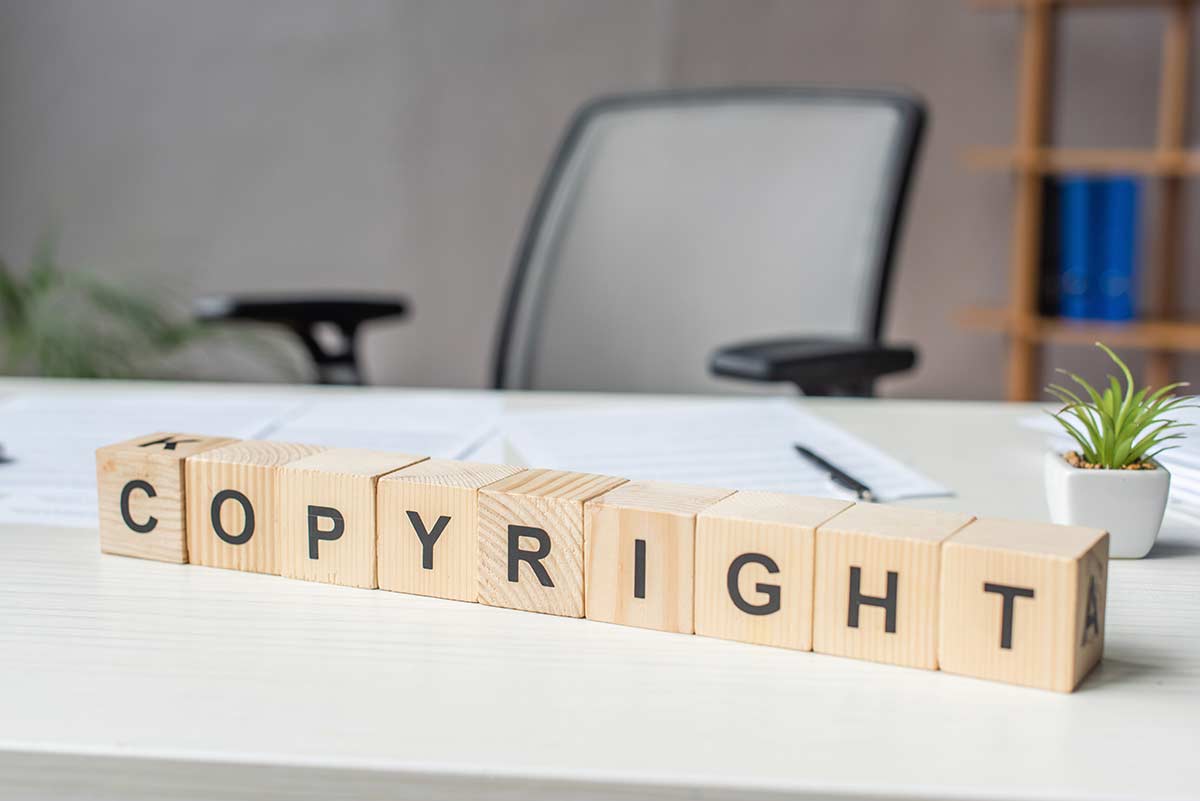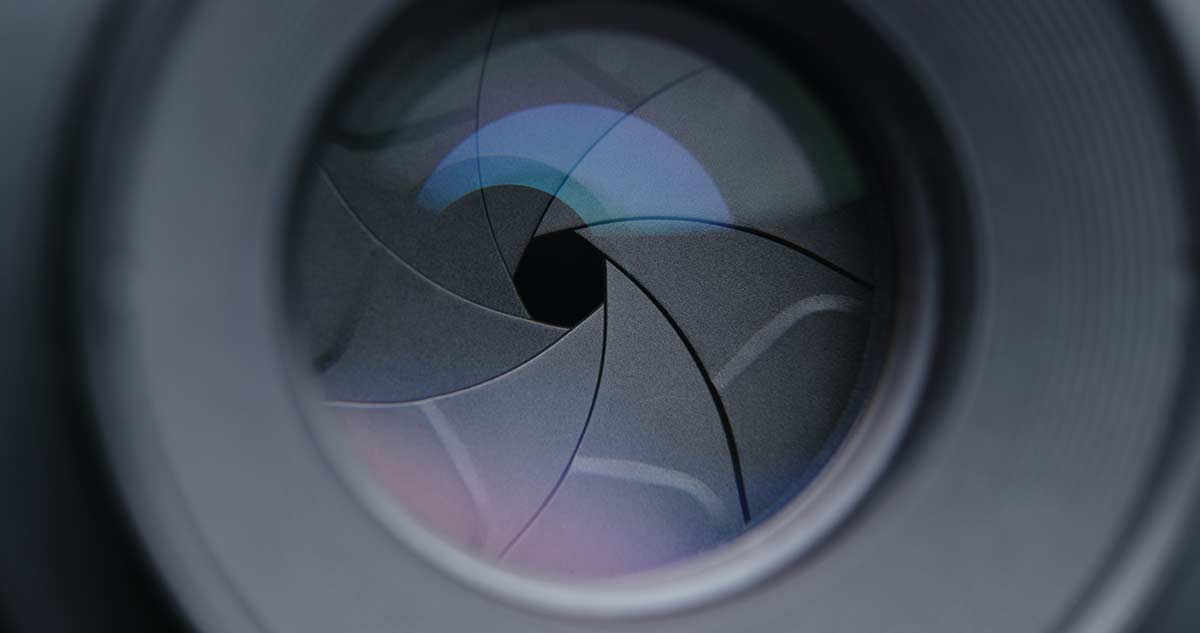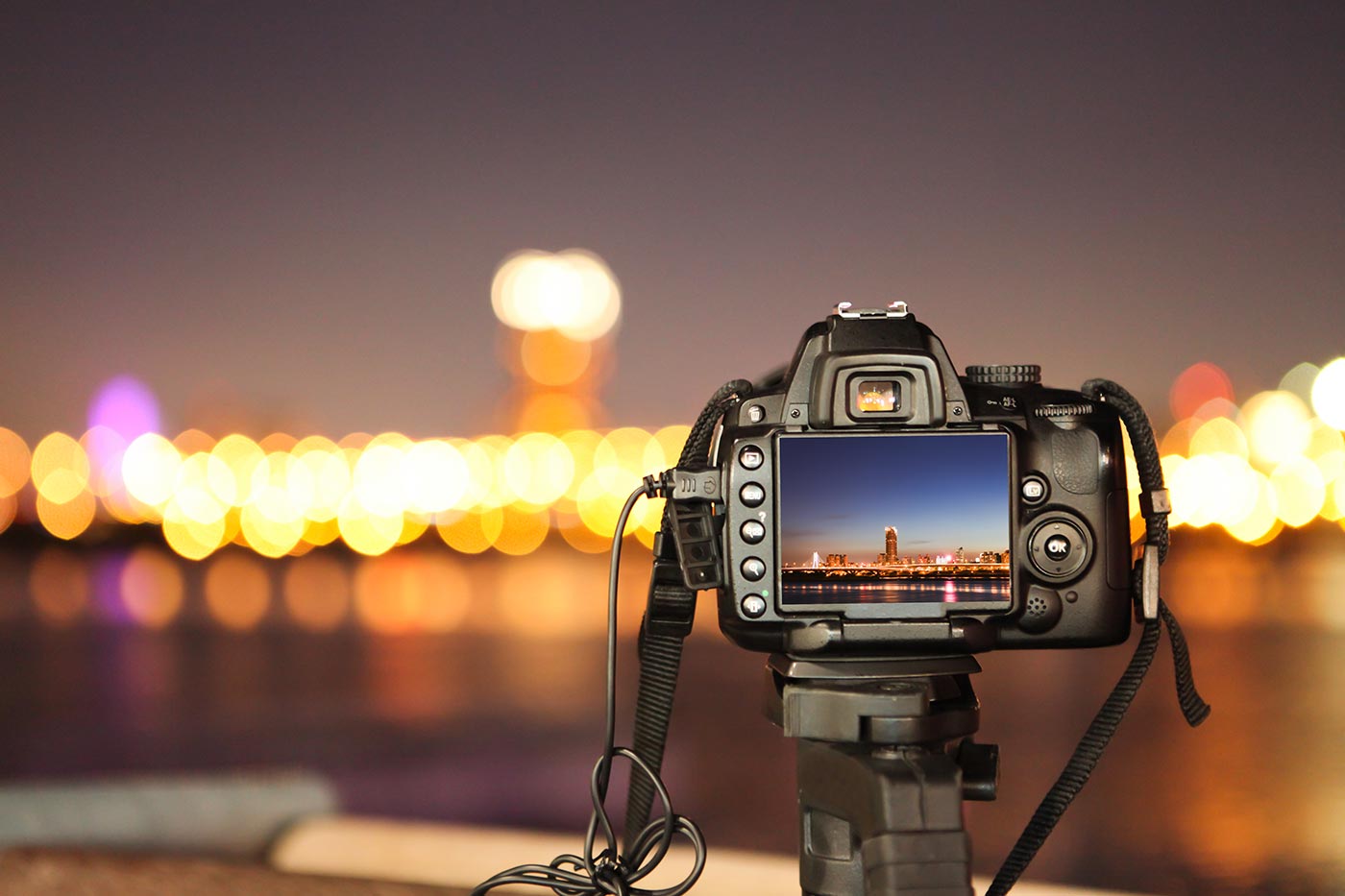Photographers Who are Independent Contractors or Employees Need to Understand their Rights Under Copyright Law
As an independent contractor or employee, it is important to understand your rights under copyright law when it comes to the work you create. If you are a photographer, for example, you normally hold the copyright on that image and have the exclusive right to license, distribute or reproduce that image.
However, what if you are an employee of a company and take the photograph in that role? What if you are an independent contractor hired by an individual or a company to take photographs? How does this impact your rights?
Copyright in an Employment Scenario
If you are an employee of a company, then typically the copyright of the work created within the scope of your employment belongs to the employer. However, if you have an agreement that allows you to have the copyright over the work created, then the terms of that agreement would apply and you would be the copyright holder.
Examples of this would include a photographer employed by a newspaper, a graphic artist at an advertising agency or an architect employed by an architecture firm. In these cases, the copyright of work created within the scope of the employment would typically be with the employer.
Copyright in an Independent Contractor Role
If you are hired as an independent contractor, the work is generally considered a “work made for hire.” In this case, the copyright of your work will usually belong to the person or company hiring you by the terms of the agreement.
Generally speaking, the organization retaining the creator will have the copyright where it is part of a larger work (ie., an article in a magazine), a translation of another work, a compilation of works, instructional information (manuals), portions of a film or television show, or other use where it is a portion of the larger.
It is important to emphasize that you should always specify who has what rights within the agreement. Many disputes arise because the parties failed to specify this upfront.
In Most Circumstances, the Photographer Owns the Copyright
Unless you are dealing with an employment situation, or a work made for hire where you have specified who holds the copyright, U.S. Copyright Law protects the creator of the work (the photographer, artist, designer, etc.).
As the holder of the copyright, you would be free to license, assign or transfer the copyright to another party (such as a company or an individual). Some choose to license in total, while others license for a limited purpose (such as for use on coffee mugs only, or for 5,000 t-shirts) and use beyond the scope of the license would be a violation.
With an assignment or transfer, you may be assigning or transferring some or all of your rights. The ability to transfer is limited only by your creativity. You could transfer rights for use in a specific country, for use on a television show, for use in product creation, for limited or unlimited quantities, or you could completely transfer all rights. It is entirely up to you.
Contact Sanders Law Group to Discuss Your Rights
If you are unsure of your rights, need assistance in creating agreements or fighting those who have violated your copyright, call Sanders Law Group today. Our copyright lawyers have extensive experience in all sorts of copyright work, and are able to help you assess your situation and determine the best course of action.
Contact Sanders Law Group at (800) 979-3707 today for a free consultation.


